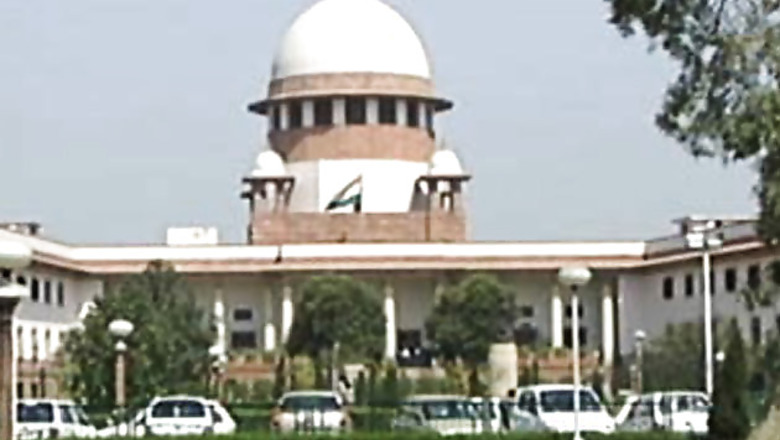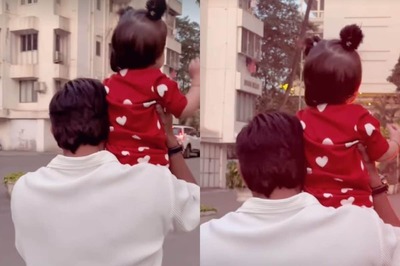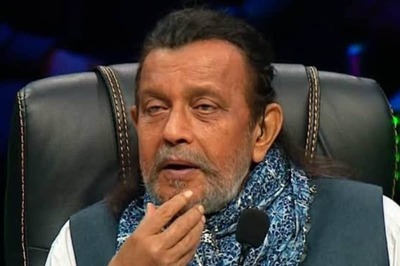
views
New Delhi: The Supreme Court on Tuesday rejected the pleas for recalling its two orders barring the high court from hearing the matters arising out of the 2G spectrum scam and for framing guidelines in a court-monitored probe.
The court said the accused in the 2G case have not come out with good reasons for framing guidelines in relation to monitoring of criminal investigation and there was no legal infirmity in the two orders restraining courts other than apex court from entertaining any appeals in the case.
"Writ petitions lack merits and they are accordingly dismissed, so also the interim applications," a bench comprising justices GS Singhvi and KS Radhakrishnan said while elaborating the reasons for declining their pleas.
"We, therefore, find no good reason either to frame guidelines to be followed by a constitutional court in relation to monitoring of criminal investigation or any legal infirmity in the orders passed by this court," the bench said.
The petitions seeking recall of April 11, 2011 and November 9, 2012 orders were filed by Swan Telecom promoters Shahid Usman Balwa and Vinod Goenka, Kusegaon Fruits and Vegetables Pvt Ltd directors Rajiv Agarwal and Asif Balwa and R K Chandolia, former private secretary of the then telecom minister A Raja, who are accused in the case.
The bench said there was "no error" in the two orders which were passed in "larger public interest and for speedy trial" on day-to-day basis for doing complete justice in the case of high magnitude involving highly-placed officers of Telecom Department, the then telecom minister, bureaucrats and businessmen.
"This court taking into consideration the width and ambit of investigation which even spreads overseas and the larger public interest involved, passed the orders impugned, reserving the right of all including the accused persons to move this court if their prayer would amount to staying or impeding the progress of the trial," the bench said.
"We have found no error in the orders passed by this court on April 11, 2011 or on November 9, 2012. Therefore, the question of rectifying any error does not arise.
The court said the purpose and object of passing those orders was for a larger public interest and for speedy trial, that too on day-to-day basis which has been reflected not only in various provisions of the Prevention of Corruption Act, 1988, but also falls within the realm of judicial accountability.



















Comments
0 comment